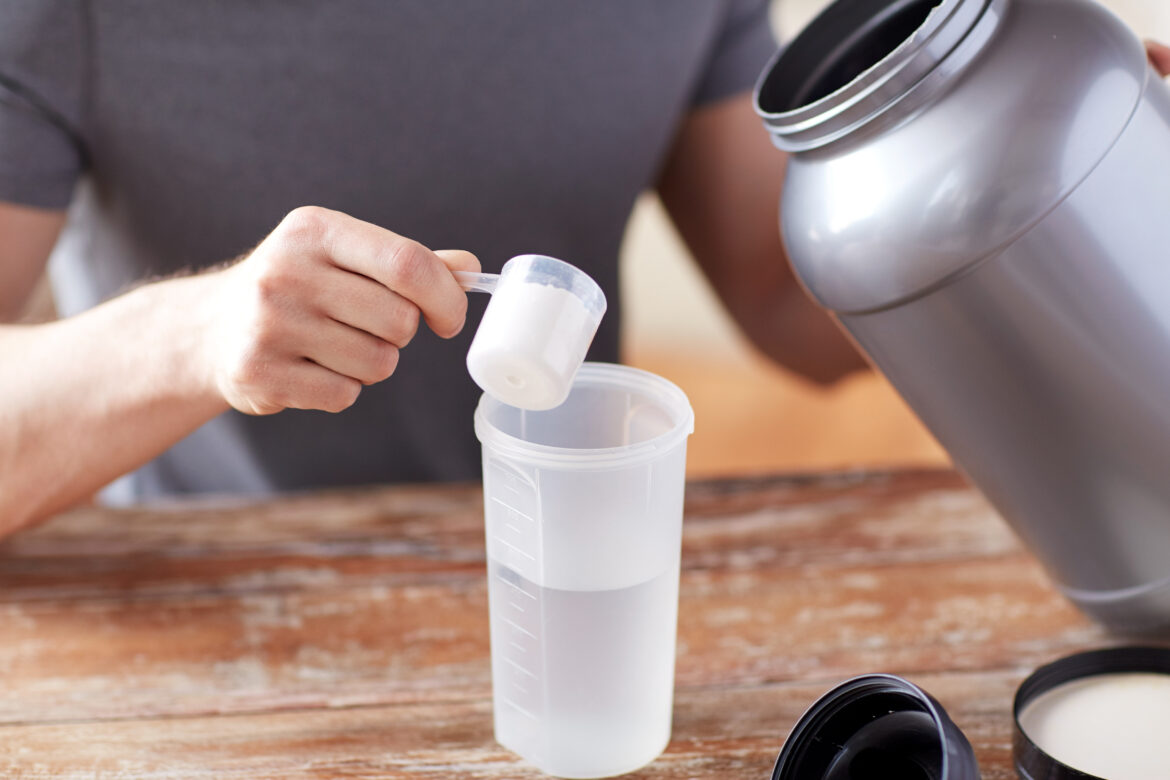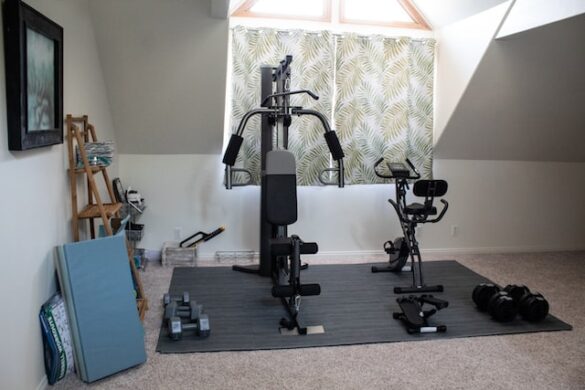Creatine is a substance stored in the muscles, heart and brain. Over the years, awareness of the role of creatine supplementation has been growing not only in sports, but also in the context of brain health. People with depression, the elderly, people with diseases associated with certain genetic defects (where there are disturbances in the production and storage of creatine in the brain) are just some groups of people in whom creatine supplementation may be helpful.
What can creatine help?
Creatine deficiency in the brain may be associated with depression, depressed mood states, mental fatigue, and neurodegenerative and genetic diseases. Mental fatigue and a large amount of mental work can also deplete the body’s creatine resources. The important blood flow through the blood vessels in the brain is reduced.
The main function of creatine is to immediately deliver energy to tissues with increased energy needs, such as muscles and the brain. (Persky and Brazeau, 2001)
Creatine by heart
The energy metabolism of our brain is related to the resources of this compound in the brain tissue. Therefore, it has been hypothesized that creatine supports brain function. Increasing the energy in the brain increases the power of the brain, which directly translates into an improvement in its overall abilities:
Creatine administered exogenously (externally through supplementation) increases the supply of energy to neurons in healthy adults. (Rawson and Volek, 2003)
Supplementation with creatine can increase its level in the brain to the threshold above which excess is excreted. (Joncquel-Chevalier Curt et al. 2015)
Higher resting creatine levels improve cognitive performance. (Ferrier et al., 2000)
In the elderly, as a result of aging processes, there are, among others, reduce the amount of creatine stored in the brain, which can worsen cognition. In one of the experiments, Dr. Rae from 2015 (“Creatine as a booster for human brain function. How might it work?”) Observed that creatine supplementation can improve cognitive functions and some types of memory. Creatine supplementation in this case may be useful for the elderly, but not only. Perhaps also in people who require increased mental performance in the short term (e.g. students).

Creatine and the elderly
There is also evidence that creatine contributes to the protection of the brain (neuroprotection) by improving mitochondrial function (eg in neurodegenerative diseases such as Parkinson, Alzheimer, Huntington, amyotrophic lateral sclerosis – ALS).
Creatine and depression
Regarding depressive disorders (especially those difficult to cure with conventional drug-resistant methods), creatine supplementation brought some therapeutic benefits. In one experiment, people with depression were given 3-5 g of creatine (as monohydrate). After four weeks, there was a marked improvement in well-being and mood. In another experiment, similar beneficial effects were observed in adolescents – symptoms of depression were significantly reduced. Moreover, creatine may also be useful in people with depressed mood and anxiety (post-traumatic stress disorder, schizophrenia).
More frequent abnormalities in the concentration of creatine in the cerebrospinal fluid are encountered
Creatine improves cognitive functions
Creatine may have a better effect on complex cognitive functions. In particular, it may work more favorably in people who have sleep disorders. People who supplemented creatine had better mood and motor parameters. (McMorris et al. 2007)
Creatine and brain injuries
The neuroprotective effect of creatine supplementation as a result of brain damage is to maintain adequate energy in the brain, thanks to which the “energy factories” (mitochondria) work more efficiently and more efficiently. As a result of damage to the head, for example, the efficiency of the cerebral vessels may also deteriorate, worsening the patient’s condition and prolonging the potential convalescence.
In this case, thanks to creatine, it can improve the maintenance of an adequate (constant) energy level in the brain (stabilization of ATP – the energy carrier), which improves the stability of the mitochondrial membrane and improves the work of blood vessels. (Prass et al. 2007; Sullivan, 2000)
Creatine and stress
Stress is still an underestimated source of many health problems. Chronic stress leads to disturbances in the body’s metabolic and energy transformations, and increases the susceptibility of nerve cells to damage due to oxidative stress. It is also worth knowing that, according to the current state of knowledge, chronic stress is one of the most important factors preceding the development of many psychiatric disorders. As it turns out, in this context, creatine supplementation may have some positive effects. As shown by scientific research, it helps to eliminate mitochondrial disorders resulting from stress, and also protects nerve cells due to its antioxidant properties.
Creatine for health!
Creatine supplementation may improve cognition and some types of memory. During the convalescence period, it can play a supporting role, which may indirectly influence the effectiveness of the entire treatment process. Older adults with frequent dementia-related episodes and those with neurodegenerative diseases may also benefit from creatine supplementation. However if you have any mental health problems and if you are during the treatment we recommend to ask your doctor if it interacts with your medications.










